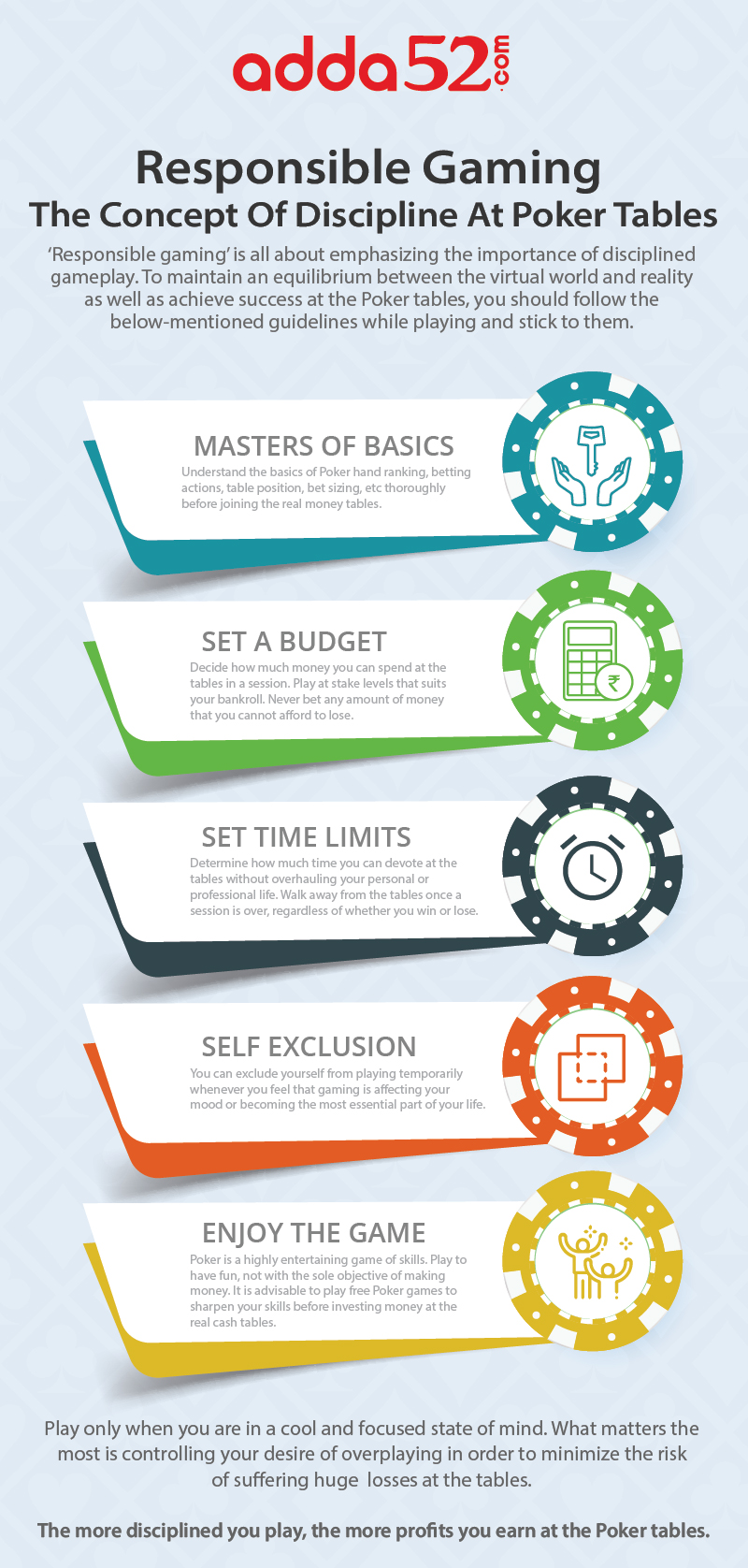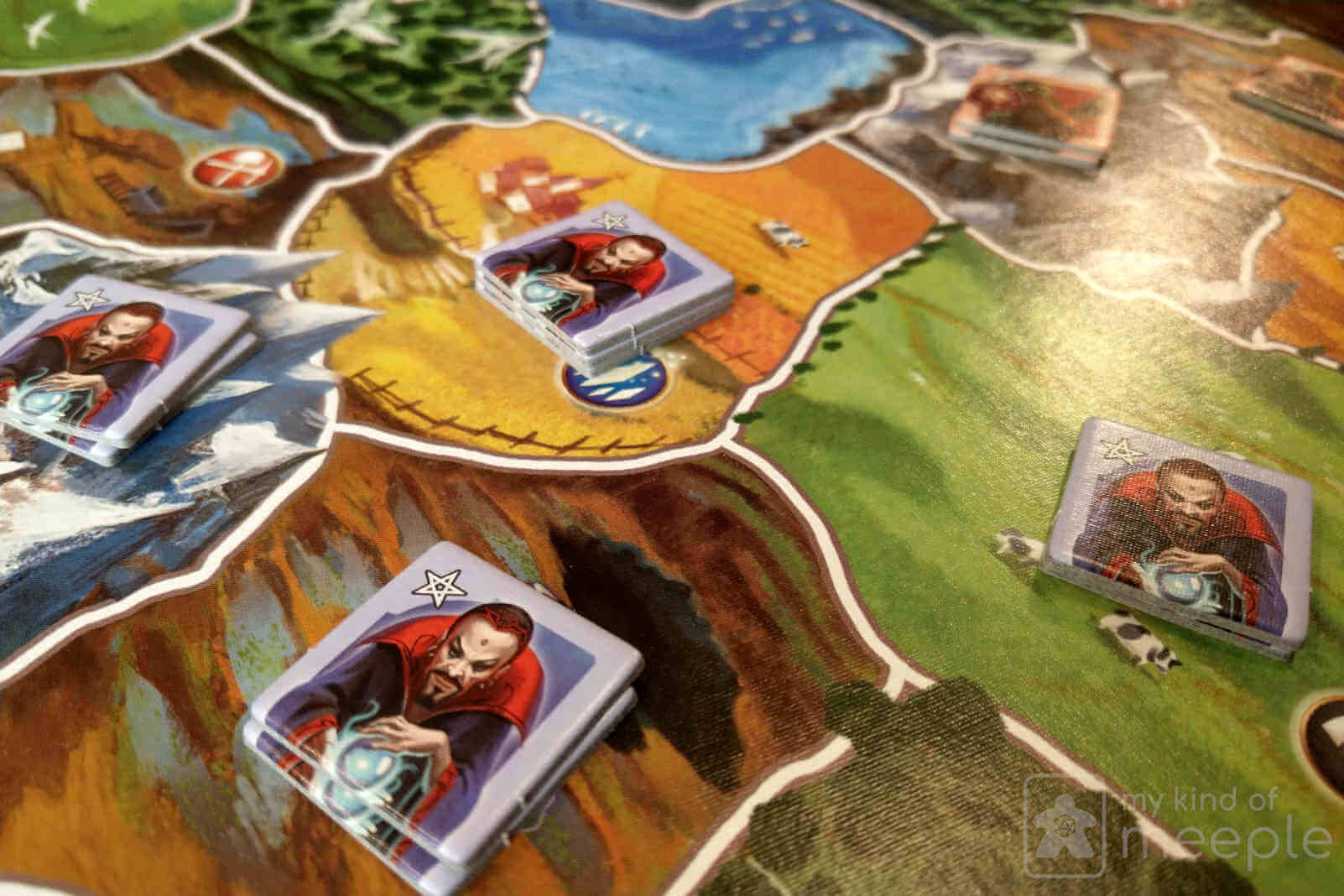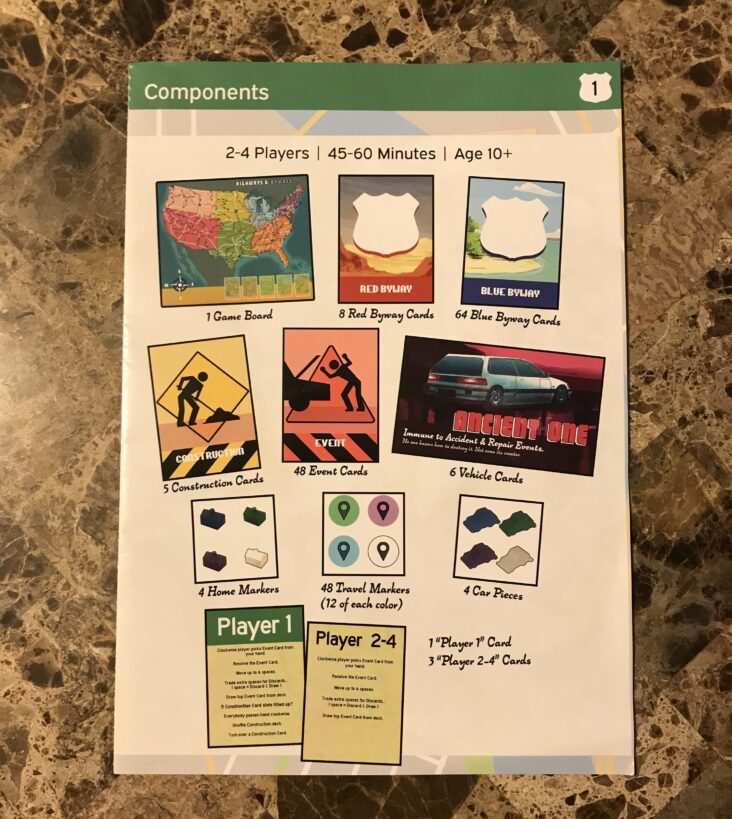Are you looking for a fun way to pass the time with your friends or family? Board and tabletop games are a great activity to do together, and can be a lot of fun. In this article, I’ll be sharing the best tips for board and tabletop games. From choosing the right game to strategies for winning, I’ll give you all the information you need to make the most of your game night. So get your dice and pieces ready, let’s get into the best tips for board and tabletop games!
Make sure to read the rules thoroughly before playing.

Before you start playing your favorite board or tabletop game, it’s important to make sure you’ve read the rules thoroughly. Don’t just skim through them, give yourself enough time to really understand how the game works. This will not only make it more fun for you, but it will also ensure that you don’t make any mistakes or break any rules. Taking the time to understand the rules before playing is a great way to make sure you and your friends have a great time. Don’t be afraid to ask questions if something isn’t clear, it’s better to be sure than to be sorry later on!
Communicate and cooperate with your fellow players.

When it comes to board or tabletop games, communication and cooperation with your fellow players is key. Make sure to talk to each other and discuss strategies or ideas. It’s important to be able to listen to what your opponents have to say and be open to new suggestions. Also, try to be aware of how your decisions might affect the other players. Don’t forget that everyone is there to have fun, so don’t take things too seriously. It’s okay to be competitive, just make sure to be respectful and mindful of other people’s feelings. With a bit of cooperation and communication, you can make sure everyone has a great time playing!
Set a time limit to keep the game moving.

Setting a time limit to keep the game moving is a great way to make sure it doesn’t drag on too long and become boring. Think about what kind of game you’re playing and how long it usually takes. A half hour is usually a good amount of time for a game to last, but it’s up to you to decide. Setting a timer on your phone or counting down from a certain number can help you stay on track. That way, everyone can play their turn and still get to the end in a timely manner.
Pay attention to other players’ strategies and try to anticipate their moves.

Playing board and tabletop games is a great way to have fun and bond with friends and family. One of the best tips for these games is to pay attention to other players’ strategies and try to anticipate their moves. It can be helpful to observe how they move their pieces and the way they strategize when it comes to game decisions. This can help you anticipate what they’re likely to do next and give you an advantage. Think about the overall strategy of your opponents and try to develop a plan to counter their moves. Knowing their plans ahead of time can give you a better chance of winning. Being able to anticipate your opponent’s moves is a great way to take your game skills to the next level.
Have fun! Board/tabletop games are meant to be entertaining, so don’t take them too seriously.

Having fun with board/tabletop games is the most important part of playing them. That’s why it’s key to not take the game too seriously. If you’re feeling competitive, challenge yourself to beat your own personal best score. Or, you can play games with friends and family that let you laugh and joke while you play. There are also a lot of jokes and memes out there related to board/tabletop games that can make the experience more lighthearted. Just remember to keep it fun, and don’t take it too seriously!




